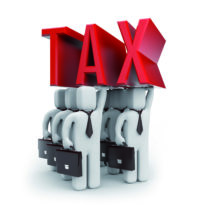Self-employed workers risk a pension fund shortfall due to the loss of valuable employer pension contributions, Aegon has warned.
According to the group’s analysis, a 25-year-old on average earnings who sets up alone after ten years in an employer workplace scheme could be as much as £115,300 worse off at state pension age.
An individual in traditional employment throughout their career could amass a pension pot worth £411,200 by state pension age. In contrast, an individual on average earnings who becomes self-employed after 10 years of saving into a workplace pension will have a pension pot of £295,900 at state pension age, Aegon said.
The shortfall stems from a lack of employer contributions, with employers now obligated to contribute a minimum 3% towards employee pension pots under auto-enrolment rules. Some organisations will pay above this or even match personal contributions.
Steven Cameron, pensions director, Aegon, said: “Auto-enrolment has been a big step in the right direction for many employees to kick start their pension savings, but the self-employed who don’t benefit from this find themselves lagging behind.
“As well as making pension saving the default, auto-enrolment has meant employees benefit from valuable employer contributions, which boosts their retirement savings. Saving for retirement is often very difficult for the self-employed as many have highly variable earnings and often face foregoing income to invest in growing their business.
“However, where they can, individuals should look to not just maintain personal contributions at 5% but increase them as soon as their employer contributions are lost. Leaving this until later on in life will make it considerably harder to catch up and bridge the gap with employees.”






























